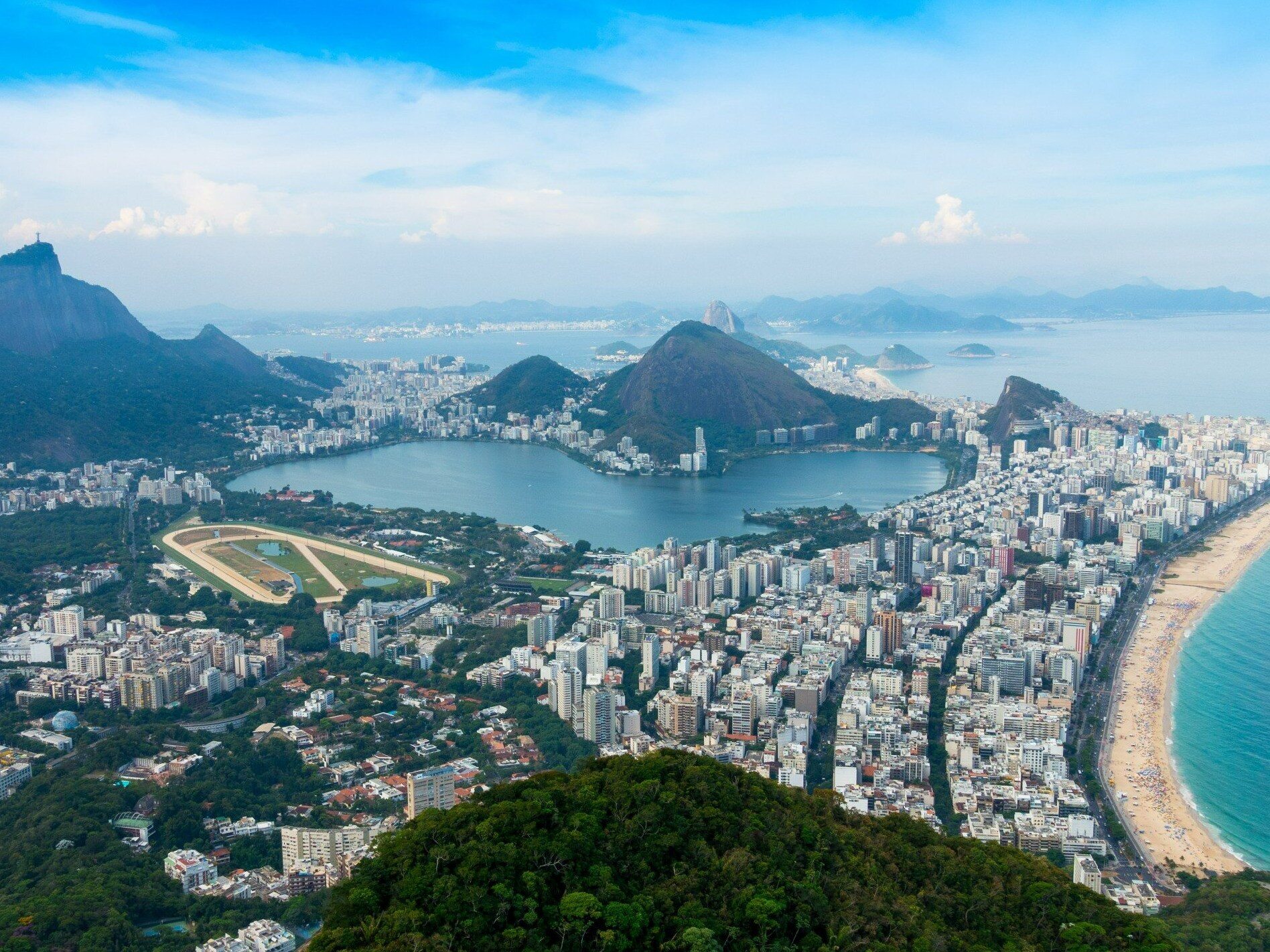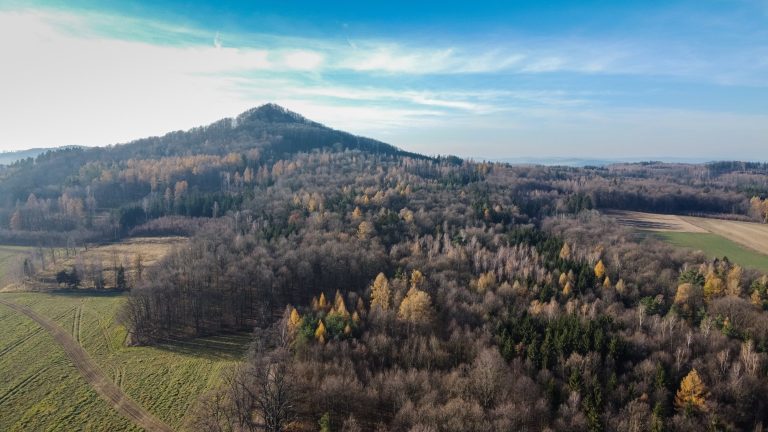Almost 60 degrees Celsius. Temperature record broken

The mercury in one of the popular Brazilian cities may not have shown too shocking a temperature, but it felt so high that it was hard to believe.
The climate has been changing so much in the last decade that subsequent temperature records no longer surprise anyone. This does not change the fact that the numbers recorded by entities collecting such data may be somewhat shocking. Recently, an extreme heat wave hit Brazil, making the temperature feel as high as ever.
Heat wave in Brazil. Record temperatures
Record temperatures were recorded in Rio de Janeiro – the second largest city in Brazil and an important tourist center located on the Atlantic Ocean.
The mercury there had been showing higher and higher values since the previous weekend, but no one expected such a wave of heat. In Rio de Janeiro, the temperature rose to a level more similar to that of an oven.
Authorities said thermometers showed 39 degrees Celsius, but they did not reflect what the temperature felt like. It was 58.5 degrees Celsius.
This was the “felt” temperature, a measure of how hot or cold we feel on our skin, depending on humidity, temperature and wind speed.
It has never been so warm before
58.5 degrees Celsius broke the previous record for perceived temperature, which was set in February 2022. According to the Rio Alerta system, it was 58 degrees.
Fifteen Brazilian states in the southeast, midwest and parts of the country’s north have been placed under a National Institute of Meteorology (Inmet) alert due to extreme heat.
According to the city’s Climate Emergency Management Center (CGE), the heat wave also affected residents of Sao Paulo, where on Tuesday afternoon thermometers showed an average of up to 37.3 degrees and air humidity was 21 percent.
Unusually high temperatures, around 5 degrees above the seasonal norm, have been plaguing Brazilians especially since last weekend and will continue into Friday. They caused a sharp increase in electricity consumption to record levels, according to the National Power System.
As a result of the phenomenon known as El Nino, Brazil has been hit by extreme weather in recent months, with historic drought emptying rivers in the Amazon and intense rain accompanying cyclones in the south of the country.






